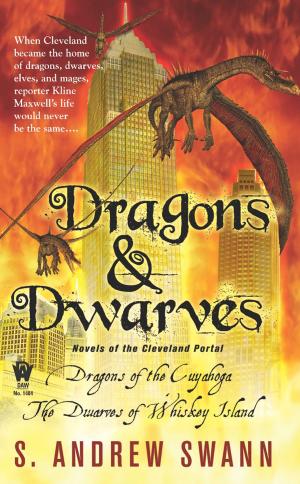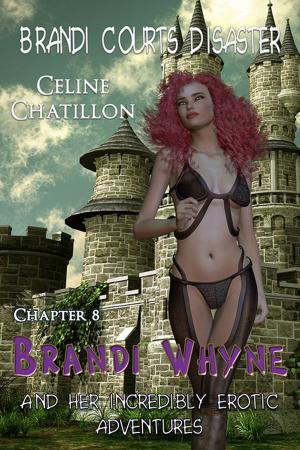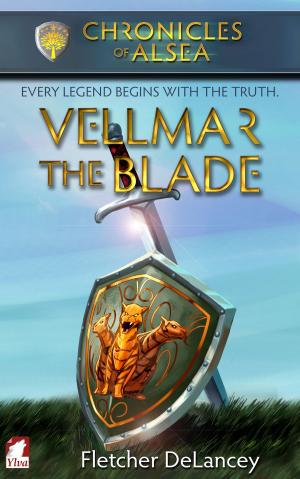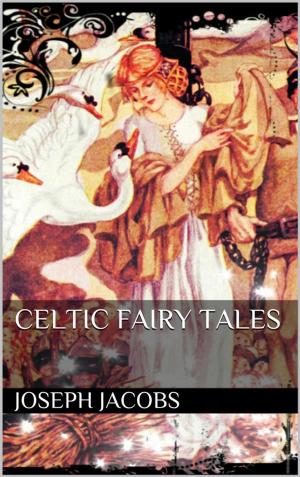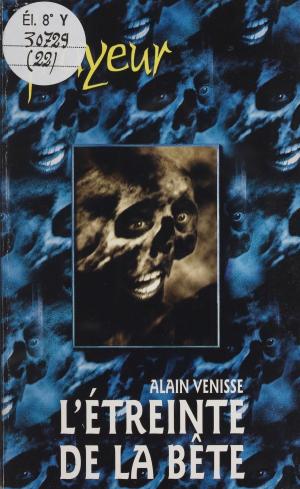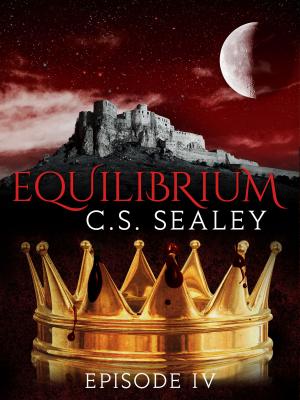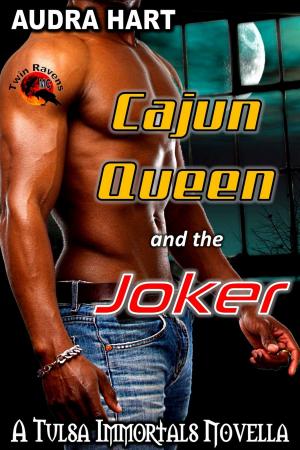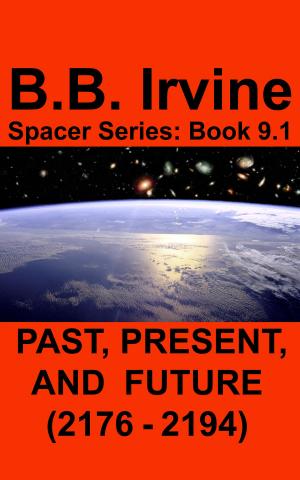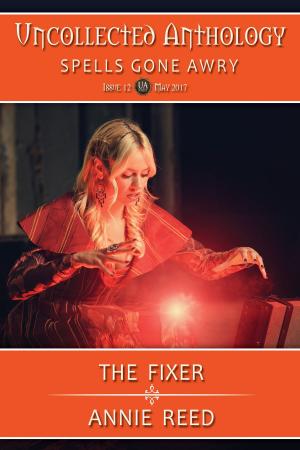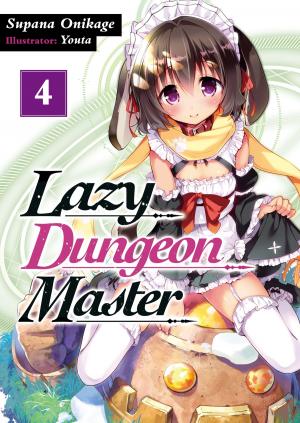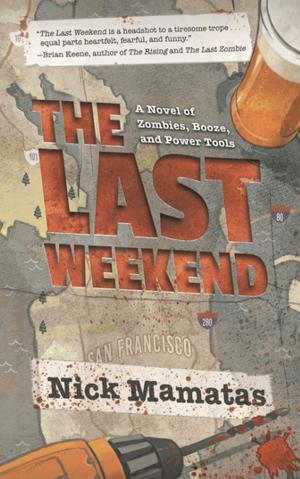Decades of Fear
What evil lurks
Mystery & Suspense, Espionage, Fiction & Literature, Horror, Science Fiction & Fantasy| Author: | Andrew Weiner | ISBN: | 1230000239129 |
| Publisher: | Andrew Weiner | Publication: | May 16, 2014 |
| Imprint: | Language: | English |
| Author: | Andrew Weiner |
| ISBN: | 1230000239129 |
| Publisher: | Andrew Weiner |
| Publication: | May 16, 2014 |
| Imprint: | |
| Language: | English |
Bojan (pronounced Boyan) was born in the years preceding the civil war that tore apart his homeland of Yugoslavia. His namesake came from the local Olympic hero of the 1976 Olympics; Bojan Križaj. Many unsolved issues caused the breakup of his family’s homeland and started the Yugoslav wars affecting Bosnia and Croatia.
By the age of five, he saw more horrors than many of us would see in more than a lifetime. He will have to live with the scars of those horrors for a lifetime.
His parents, longing for peace and solace, now being refugees were ready to leave the country where their ancestors survived the horrors of World War Two and managed to raise a family based on love, loyalty and religious values.
They decided to go to neighboring Romania. They wanted all the conveniences and standards of a modern large city, but without the large city atmosphere. They decided to settle in Cluj-Napoca, also known as Cluj. It is the second largest city in Romania, dwarfed only by the Capital of Bucharest.
They settled in Cluj. Their standard of living was modest at best. They were happy. They had each other, Bojans’ father found employment as a doctor for his local community. Bojans’ mother lived the life of a happily married woman with a handsome son and stately husband. Their family was respected and adored by all the townsfolk.
Bojan, now six, started first grade in his new home town. He had many new friends and was growing mentally and emotionally. He was happy. He constantly expressed his joy that he was able to leave the sites of horrors back in his true homeland. Or did he ?
One day while exploring his new home of Cluj, he and a group of friends found this lush green forest. It smelled of evergreens and blooming flowers. The birds were chirping and other creatures of the woodlands roamed about. The animal activities were restricted to the entrance of the forest and no further. Why? What lurks within the Hoia-Baciu Forest and why do the locals avoid it like the seven plagues of biblical times. Can it be proven wrong?
Only time will tell.
Bojan (pronounced Boyan) was born in the years preceding the civil war that tore apart his homeland of Yugoslavia. His namesake came from the local Olympic hero of the 1976 Olympics; Bojan Križaj. Many unsolved issues caused the breakup of his family’s homeland and started the Yugoslav wars affecting Bosnia and Croatia.
By the age of five, he saw more horrors than many of us would see in more than a lifetime. He will have to live with the scars of those horrors for a lifetime.
His parents, longing for peace and solace, now being refugees were ready to leave the country where their ancestors survived the horrors of World War Two and managed to raise a family based on love, loyalty and religious values.
They decided to go to neighboring Romania. They wanted all the conveniences and standards of a modern large city, but without the large city atmosphere. They decided to settle in Cluj-Napoca, also known as Cluj. It is the second largest city in Romania, dwarfed only by the Capital of Bucharest.
They settled in Cluj. Their standard of living was modest at best. They were happy. They had each other, Bojans’ father found employment as a doctor for his local community. Bojans’ mother lived the life of a happily married woman with a handsome son and stately husband. Their family was respected and adored by all the townsfolk.
Bojan, now six, started first grade in his new home town. He had many new friends and was growing mentally and emotionally. He was happy. He constantly expressed his joy that he was able to leave the sites of horrors back in his true homeland. Or did he ?
One day while exploring his new home of Cluj, he and a group of friends found this lush green forest. It smelled of evergreens and blooming flowers. The birds were chirping and other creatures of the woodlands roamed about. The animal activities were restricted to the entrance of the forest and no further. Why? What lurks within the Hoia-Baciu Forest and why do the locals avoid it like the seven plagues of biblical times. Can it be proven wrong?
Only time will tell.


